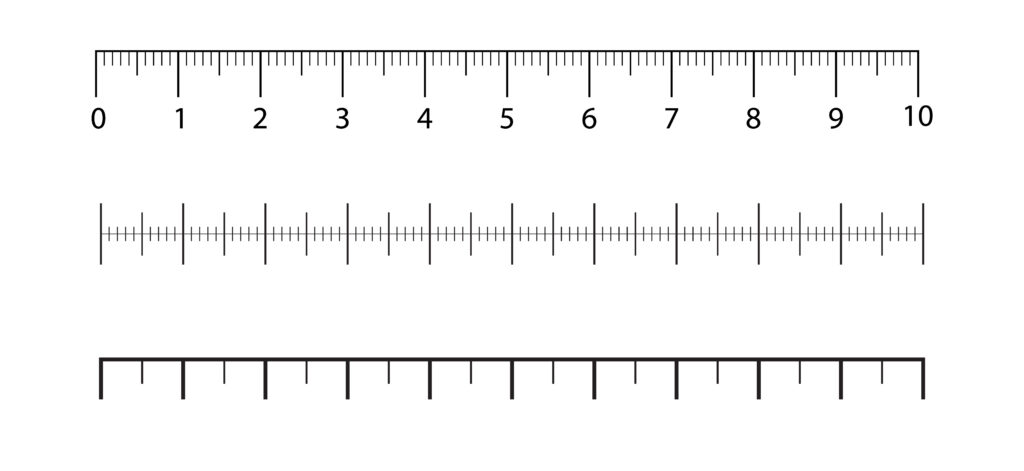The Fundamental Theorem of Arithmetic
Verify the **Fundamental Theorem of Arithmetic**: every composite number has a **unique** prime factorization.
Help & Instructions
▼Any integer greater than 1 is either a prime number itself or can be written as a product of prime numbers that is unique (ignoring the order of the factors).
- **Analyze:** The current number is displayed. Find two factors that multiply to equal that number.
- **Factor:** Enter the two factors and click "Factor."
- **Repeat:** The tree will update. Click on any non-prime number in the tree to select it as the current number to factor.
- **Goal:** Continue until all branches end in prime numbers.
Unique Prime Factors:
The **Fundamental Theorem of Arithmetic** assures us that no matter how we start factoring a composite number (e.g., $24 = 2 \times 12$ or $24 = 3 \times 8$), the final set of prime building blocks will always be the same ($\{2, 2, 2, 3\}$).
The Importance of Uniqueness
Prime numbers ($2, 3, 5, 7, 11, \dots$) are the multiplicative "atoms" of the number system. This uniqueness is a cornerstone of modern number theory and is essential for mathematical proofs and applications.
Prime factorization is the basis for:
- **Cryptography:** RSA encryption, the security system used by most modern computers and the internet.
- **Computer Science:** Algorithms for calculating the greatest common divisor (GCD) and least common multiple (LCM).
- **Music Theory:** Understanding frequency ratios and harmony.



